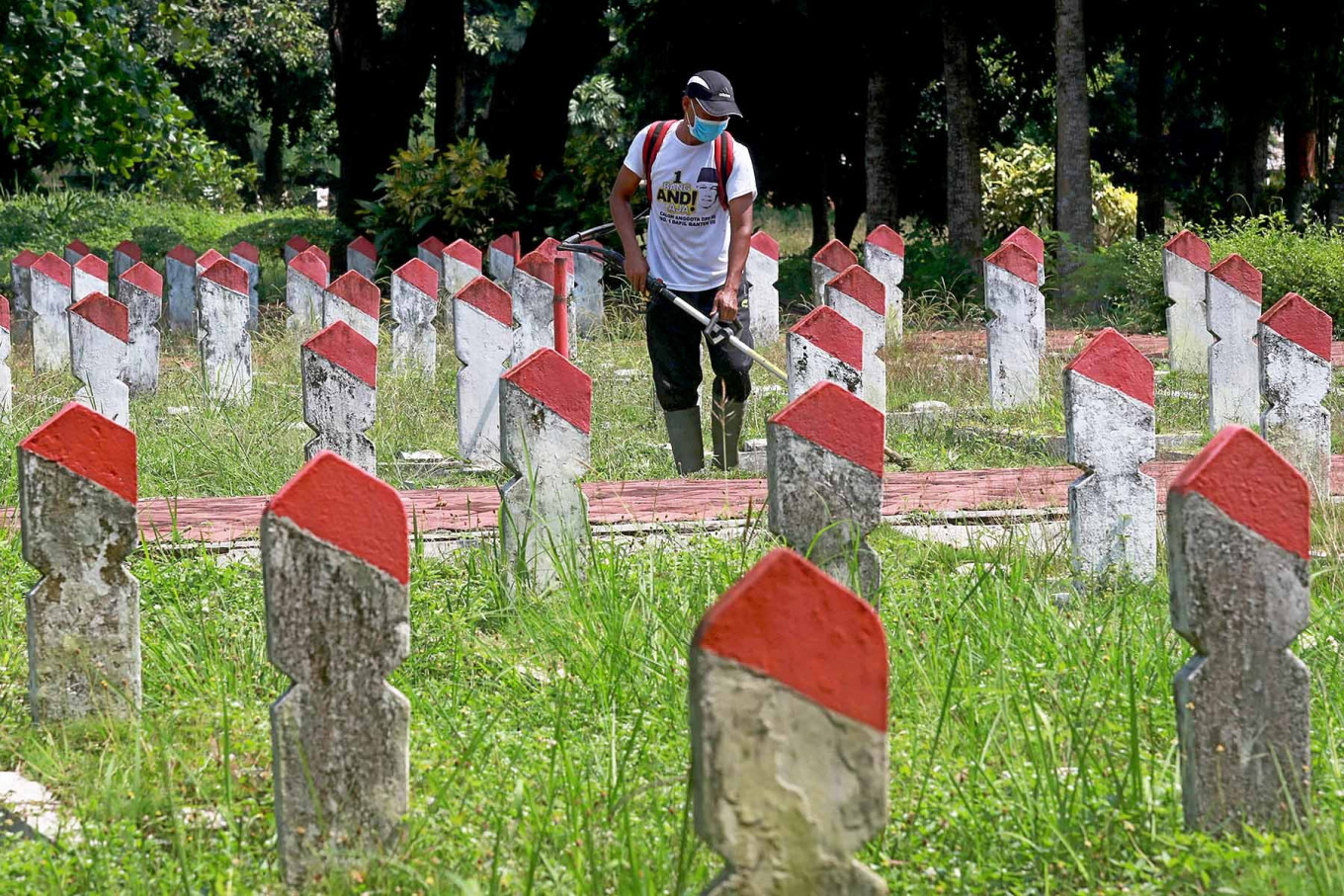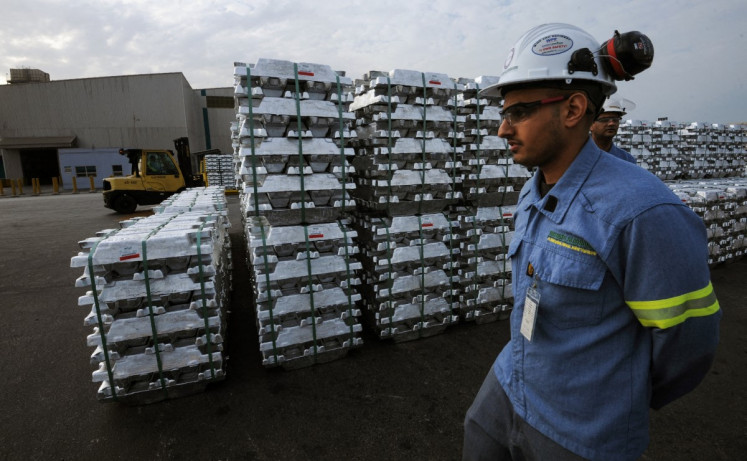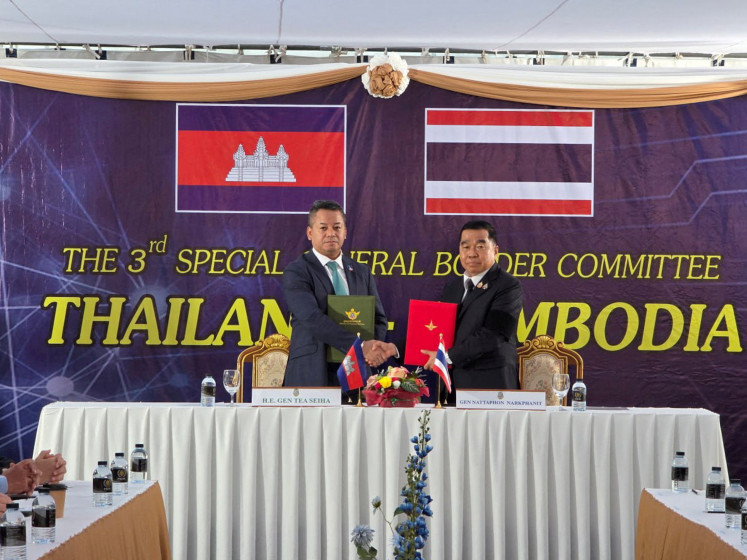Popular Reads
Top Results
Can't find what you're looking for?
View all search resultsPopular Reads
Top Results
Can't find what you're looking for?
View all search resultsHail to our heroes
The state has recognized not only Usmar Ismail’s contribution to nation-building but also his exceptional cinematic work.
Change text size
Gift Premium Articles
to Anyone
N
ational heroes have long been associated with wars and battles in defense of a country, which is why those buried in heroes’ cemeteries are mostly fighters who took up arms – and lost their lives – for the love of their country.
But it was an equally heartening departure to see President Joko “Jokowi” Widodo name the late Usmar Ismail, often called the father of Indonesian cinema, a national hero on Wednesday. With the honor, the state recognized not only his contribution to nation-building but also his exceptional cinematic work.
Usmar is not the first artistic figure to have been awarded the title. Long before him, Wage Rudolf Supratman, who composed the national anthem “Indonesia Raya” and respected composer Ismail Marzuki were named national heroes for their roles in the independence struggle.
Supratman wholly deserved the state’s recognition. He played his composition, which was later chosen as the national anthem, at the historic youth congress of October 1928, which led to a snowballing spirit of nationalism in the then-Dutch colony.
Ismail Marzuki, meanwhile, is known for his patriotic songs evoking Indonesia’s struggle for freedom from the shackles of colonialism.
Usmar was no less committed to the nation’s efforts to win and hold onto independence. While working as a journalist, he was imprisoned by the Dutch on charges of subversion, but he only became the talk of the country after the independence struggle was over. Many of the movies he directed were inspired by the period of revolutionary yearning he had lived through.
In his remarks, President Jokowi said the national hero title bestowed upon Usmar was the state’s highest recognition for “cultural fighters”, people who dedicated their time and energy to building the sense of Indonesian national identity.
However, it took the government some three years to finally name Usmar a national hero, despite ample evidence of his contributions. By law, an academic paper and a number of supporting documents are required for a figure to be considered for the national hero title. In Usmar’s case, the team preparing the paper conducted a series of seminars in several cities to reinforce arguments that Usmar qualified for the state honor.
The proponents of a national hero candidate must also prove that the figure has never betrayed the state or collaborated with enemies of the state or colonial masters.
Interestingly, it was Jakarta, not Usmar’s birthplace of West Sumatra, that nominated him for national hero status. This new phenomenon shows Usmar’s boundary-crossing appeal and supports the idea that a national hero belongs not a certain group but to all of the country.
Usmar’s posthumous title should inspire the Indonesian arts community to work harder to win appreciation and recognition, not only from a national audience but also the world. Making the nation proud is as heroic as fighting for it.











